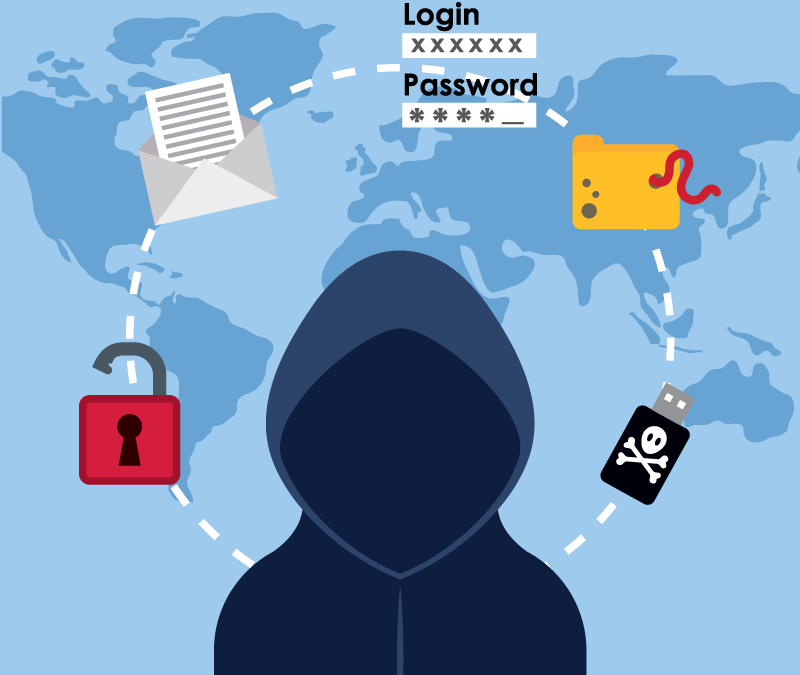We often share personal information with the people we are closest to, with a trust that this information will not be misused in any way. In abusive relationships, however, this information can sometimes be used to access financial accounts, debilitating survivors while benefits abusers.
Identity theft is the use of another person’s personal information to commit fraud. This theft can take the form of impersonating another person, running up charges on another person’s credit card, or opening new accounts and borrowing money by using the identity of another person.
People in relationships often share much of the information necessary to commit identity theft, so if an abuser needs to gain control of a survivor by surveying their credit report, health, or banking records, they may commit identity theft as a form of economic abuse or as a means of stalking. Abusers can also use this information to cancel credit card, electric, and gas accounts as a way to harass survivors, in addition to using the account information to put a survivor in debt. In fact, in a 2004 survey of identity theft survivors, 15% reported that they were also survivors of domestic abuse from the perpetrator.
In an effort to help you protect yourself from identity theft and economic abuse, HAWC has compiled a list of tips and tricks.
- Change Passwords.
Blocking an abuser’s access to accounts immediately is the quickest way to prevent identity theft. However, changing passwords may result in an email notification that your abuser receives. If this is a concern, consider making new accounts entirely, slowly transferring your business from one account to another. Be sure to perform these tasks on devices that your abuser cannot access, or use an incognito window on your computer.
Additionally, try to secure your mobile phone with a new password, telling your abuser that you are concerned about stranger’s accessing it if they ask. Consider keeping a safe device that you abuser is completely unaware of to protect accounts, while using your old device as a prop to avoid arousing suspicions. - Monitor transactions.
Keep an eye on your credit and debit card accounts, so you can recognize any suspicious activity quickly. If you recognize a suspicious transaction, call the number on the back of your credit or debit card, or, if you feel unsafe addressing this, open a new account using a new email, sending all bills to a neutral location such as work or a P.O. box.
- Report the situation.
Your instincts should be valued above everything else. If something feels wrong, do what you feel in necessary to protect yourself and your loved ones.
Consider placing a fraud alert on your credit report by calling Equifax, TransUnion, or Experian, or call the identity theft resource center at 800-400-5530 to learn about additional actions you can take to protect yourself.
- Talk to HAWC
Identity theft as a tool for abuse will have more than just debilitating financial effects; this may be one aspect of a much larger problem of domestic abuse. Call HAWC’s 24-Hour Hotline at 1-800-547-1649 to receive support and advice, and to plan for a brighter future.
References
- September 2005. “Identity Theft: The Aftermath 2004.” Identity Theft Resource Center. Retrieved from https://www.idtheftcenter.org/images/surveys_studies/Aftermath2004.pdf .
- 2 March 2015. “Identity Theft in Abuse Relationships.” The National Domestic Violence Hotline. Retrieved from http://www.thehotline.org/2015/03/02/identity-theft-in-abusive-relationships/
- “Identity Theft and Domestic Abuse.” Epic: Electronic Privacy Information Center. Retrieved from https://epic.org/privacy/dv/identity_theft.html.


